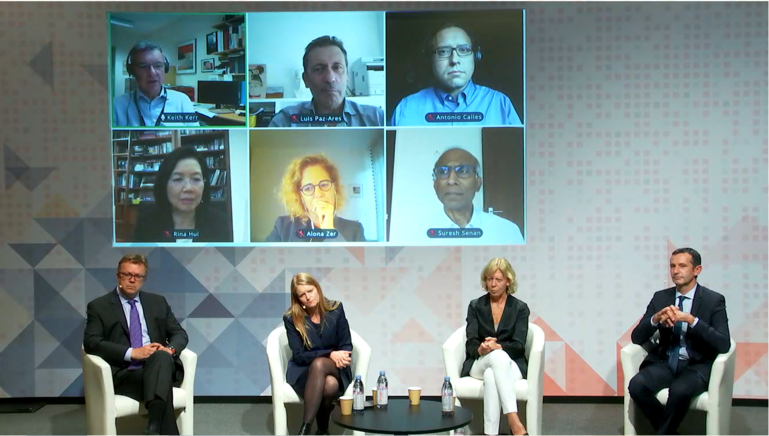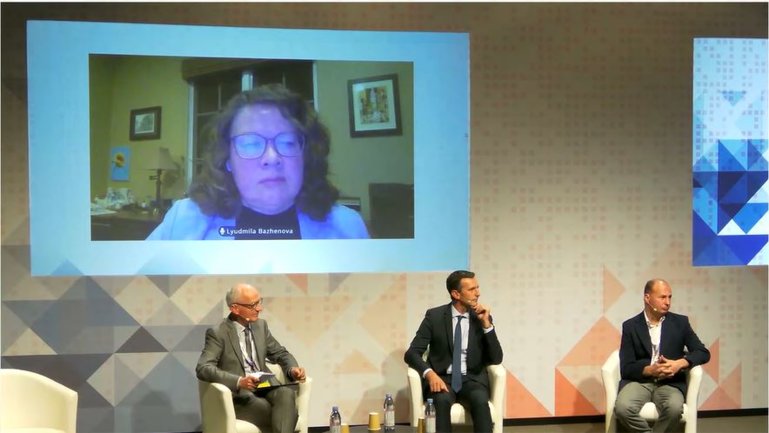
Encouraging results with sintilimab combination therapy in EGFR-mutated non-squamous NSCLC
In the first interim analysis of the ORIENT-31 trial, progression-free survival was slightly improved in patients who progressed after EGFR TKI, but mature results are needed to confirm whether combination therapy represents a new therapeutic option in this setting









